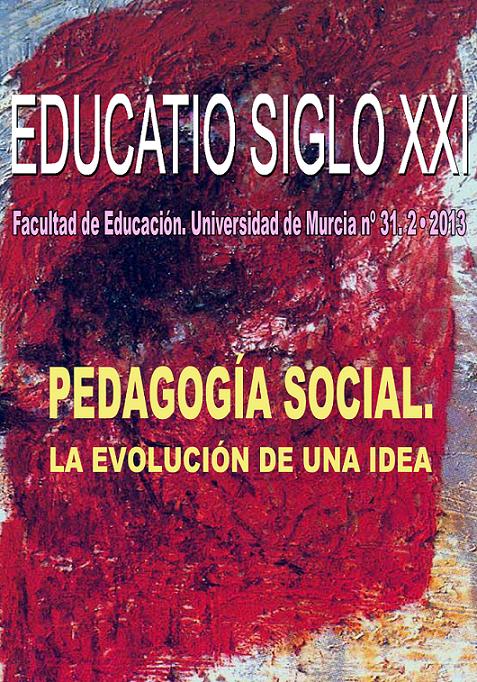University teachers facing the European higher education area: two years later
Abstract
The implementation of European Higher Education Area (EHEA) has marked a turning point in the professional development of university teachers. The reflections raised in this paper tackled as much the positive and negative aspects arising in these two years, as the problems arisen when considered bureaucratic models commons to all the European Union to approach the learning and teaching process in a flexible and interpretative way, or initiation of the teachers in knowledge about the Didactics. These issues have meant a change in the professional work of teachers. This study approaches achievements and improvement options, focusing above all, on how to develop the teaching and learning processes, on the definition of the concepts of “information” and “knowledge”, on how to develop metacognitive abilities in students or on how to guide the Bologna Process towards the new needs arising from a society in crisis. The main purpose is to evaluate the relevance of leading the University toward the knowledge society from Civic Humanism’s perspective, understood as the most appropriate resource to tackle and redirect the models proposed by neoliberalism. The reflections of the authors try to provide a forum for reflection and discussion on the work that is currently doing: if the procedures are adequate and if they are managed based on skills; if the current conditions suggest us to change objectives and processes to develop the European Higher Education Area and, most significantly, harmonize the models proposed with pretended objectives.
Downloads
-
Abstract450
-
PDF (Español (España))282
Original work publishes in this journal is subject to the following terms:
1. Murcia University Press (the publishing house) holds the copyright of the publishes work, and favours and allows their reutilization under the use license stated in point 2.
© Servicio de Publicaciones, Universidad de Murcia, 2015
2. Work is published in the electronic edition under a license (Creative Commons Reconocimiento-NoComercial-SinObraDerivada 4.0 España (legal text). They can be copied, used, disseminated, transmitted and publicly presented, as long as: i) authorship and original publication source is acknowledged (journal, publishing house and URL of the work); ii) are not used for commercial purposes; iii) the existence and specifications of this use license is stated.
3. Conditions for self-archive. Authors are allowed and encouraged to disseminate electronically the pre-pint (before review) and/or post-print (accepted for publication) versions of their work before their publication since that favours earlier circulation and dissemination resulting in an increased chance for the authors to be cited and for the work to reach a bigger share of the academic community. Colour: RoMEO: green.








